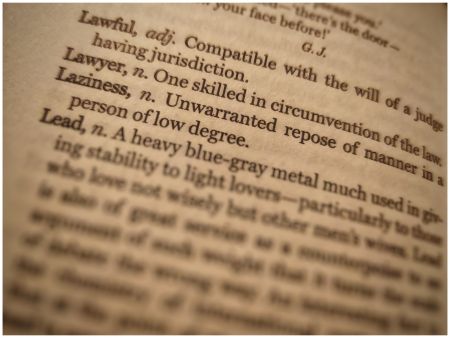Potential knowns: Difference between revisions
Jump to navigation
Jump to search
Amwelladmin (talk | contribs) Created page with "{{def|Potential knowns|/pə(ʊ)ˈtɛnʃ(ə)l nəʊnz/|n|}}(''Reductionist baloney'') The complete set of all knowns, known or unknown, comprising the total intellectual energy..." |
Amwelladmin (talk | contribs) No edit summary |
||
| Line 1: | Line 1: | ||
{{def|Potential knowns|/pə(ʊ)ˈtɛnʃ(ə)l nəʊnz/|n|}}(''Reductionist baloney'') The complete set of all knowns, known or unknown, comprising the total intellectual energy of the semantic universe. | {{def|Potential knowns|/pə(ʊ)ˈtɛnʃ(ə)l nəʊnz/|n|}}(''Reductionist baloney'') The complete set of all knowns, known or unknown, comprising the total intellectual energy of the [[semantic universe]]. | ||
{{unknowns}} | {{unknowns}} | ||
{{sa}} | {{sa}} | ||
*[[Epistemology]] | *[[Epistemology]] | ||
Revision as of 18:01, 19 December 2020
|
Potential knowns /pə(ʊ)ˈtɛnʃ(ə)l nəʊnz/ (n.)
(Reductionist baloney) The complete set of all knowns, known or unknown, comprising the total intellectual energy of the semantic universe.
There are six types of known.
The Rumsfeld three:
- Known knowns: Things you do know you know;
- Known unknowns: Things you do know you don’t know;
- Unknown unknowns: Things you don’t know you don’t know;
And the Jolly Contrarian three:
- Unknown knowns: Things you don’t know you do know.
- Not officially known: Things you know but the general public can’t prove.
- Knowable unknowns: Things you don’t know, but think you do know, for the time being, because computers.
